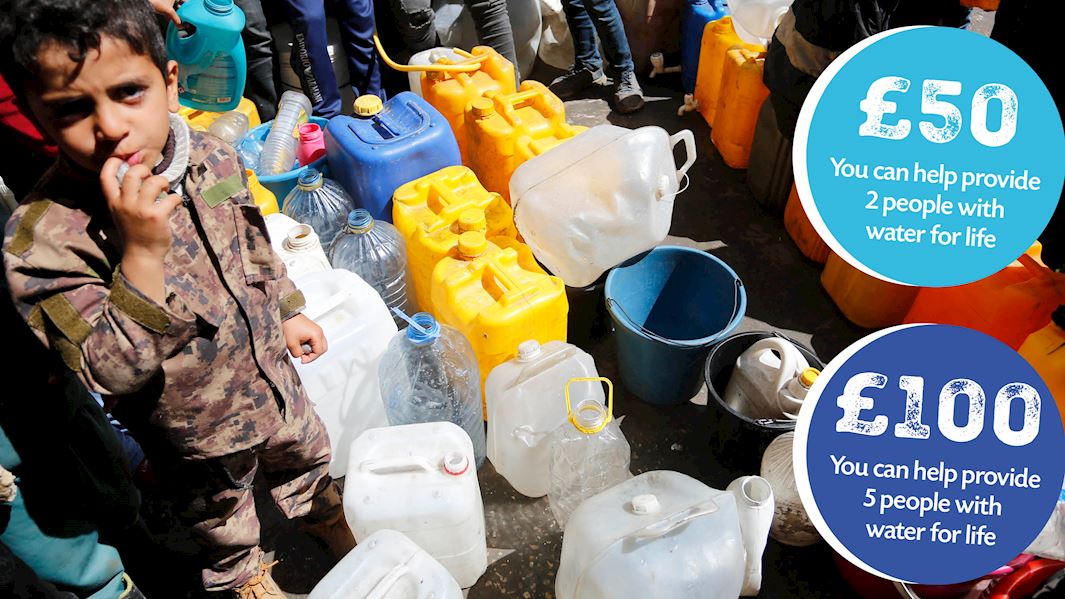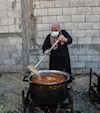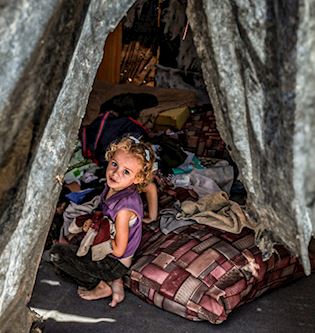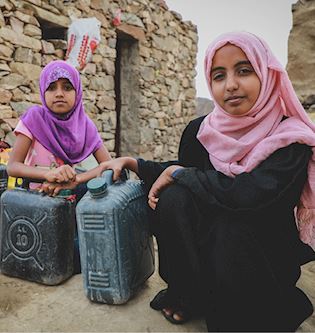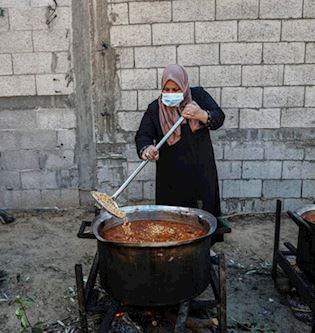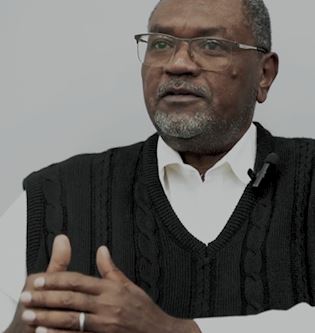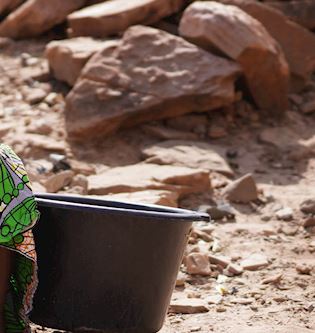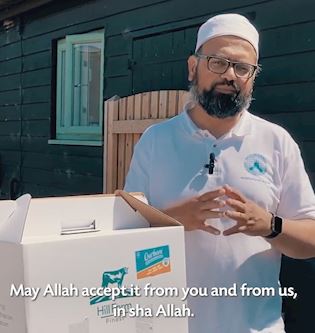Providing access to clean water in Gaza - its challenges and solutions

Access to clean water in Gaza has reached catastrophic levels due to ongoing violence, which has led to the destruction of vital infrastructure. Damage to water treatment plants, pipelines, and power facilities has crippled Gaza’s already fragile water supply system, leaving its 2.3 million population with little choice but to depend on contaminated sources for survival. A humanitarian crisis is worsening before our very own eyes and international support is urgently needed to rebuild Gaza’s water infrastructure.
We discuss the current situation in Gaza, how you can help us rebuild, and give the gift of water to those who need it most.
1. What was Gaza's water supply like before the current conflict?
Before the current conflict, 97% of Gaza’s drinking water was unfit for human consumption, with virtually no potable water. This is because the primary source of water supply in Gaza comes from the Coastal Aquifer Basin, making it brackish due to seawater infiltration, over-extraction, as well as sewage and chemical contamination.
To make the water drinkable, Gazans rely on a limited number of desalination units which aims to purify the water. Other methods of obtaining drinkable water are from private water tankers, which can be costly.
Before the current conflict, Palestinians in Gaza and West Bank had access to 80 litres of water per day, falling below the international standard of 100 litres set by WHO. This has now drastically decreased to three litres per day with organisations describing the current situation as a catastrophe.
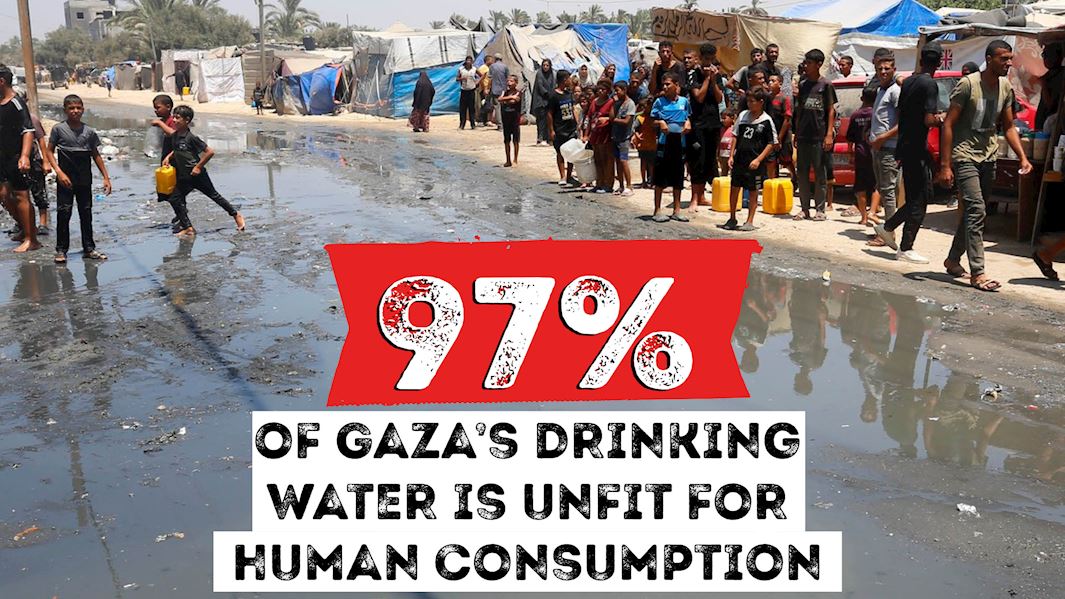
2. How has the war impacted Gaza’s water and sanitation infrastructure?
The war in Gaza has drastically deteriorated safe water accessibility for its 2.3 million population. According to the UN – 67% of Gaza’s water and sanitation systems has now been destroyed or damaged.
The constant bombing has destroyed pivotal infrastructure such as pipe work, wells and water tanks. There have been reports that the sanitation infrastructure has also been badly hit, with sewage now flooding the streets, lagoons, beaches and entering the sea, exposing those forced to live in those areas to illness.
There are also huge concerns for the winter season, where rainfall will push sewage towards public spaces that are densely populated. Many Gazans are already battling with a weakened immune system as well as extreme temperatures, which is harder to cope with due to basic shelter.
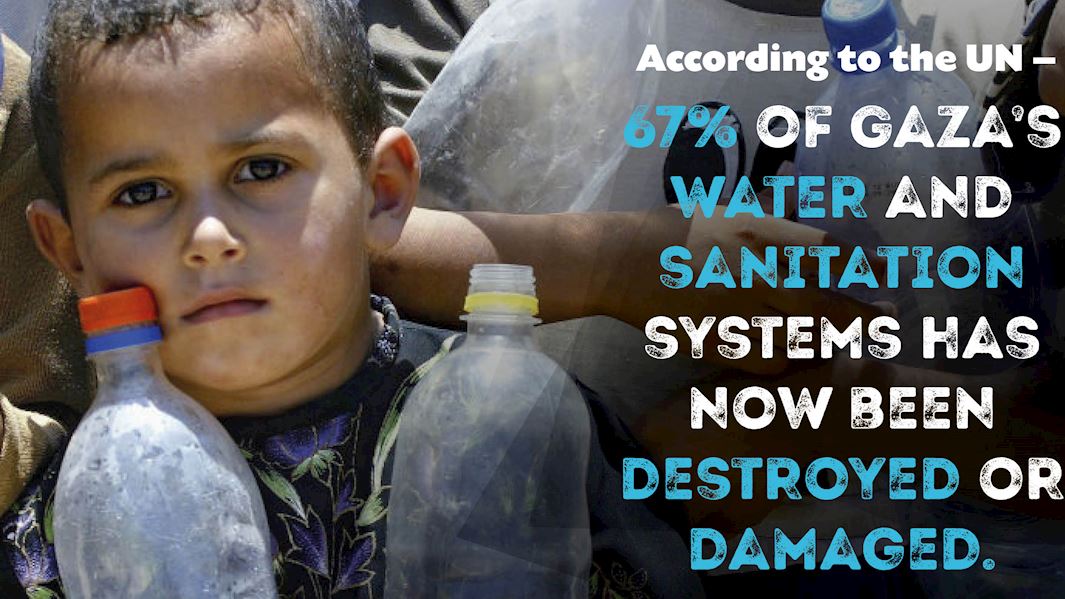
3. How much water do people in Gaza receive and what are the problems around water shortages?
Since the start of the war, the average water for all purposes in Gaza has fallen from 80 litres to between two and three litres a day per person. And most of this water isn’t clean or safe to drink.
To put things into perspective, three litres is the bare minimum amount of water a person needs to drink in order to avoid health problems related to dehydration, including organ damage and failure - let alone for bathing and everyday essential tasks.
With no choice, Gazan’s are now drinking contaminated water, making the most vulnerable such as the elderly and children more susceptible to illness. Some of the most common symptoms of illnesses from contaminated water include abdominal pain, fever, nausea, vomiting, diarrhoea and skin conditions.
Deadly diseases are also now rife in Gaza such as Hepatitis A and Polio as well as a clear warning from public health experts of a potential cholera epidemic. It is reported that a quarter of Gaza's population has already become ill because of waterborne diseases – Oxfam.
Though trucking remains the primary method of distribution of water across Gaza it is becoming more and more difficult as main roads are destroyed from the ongoing conflict and fuel sources dry out.
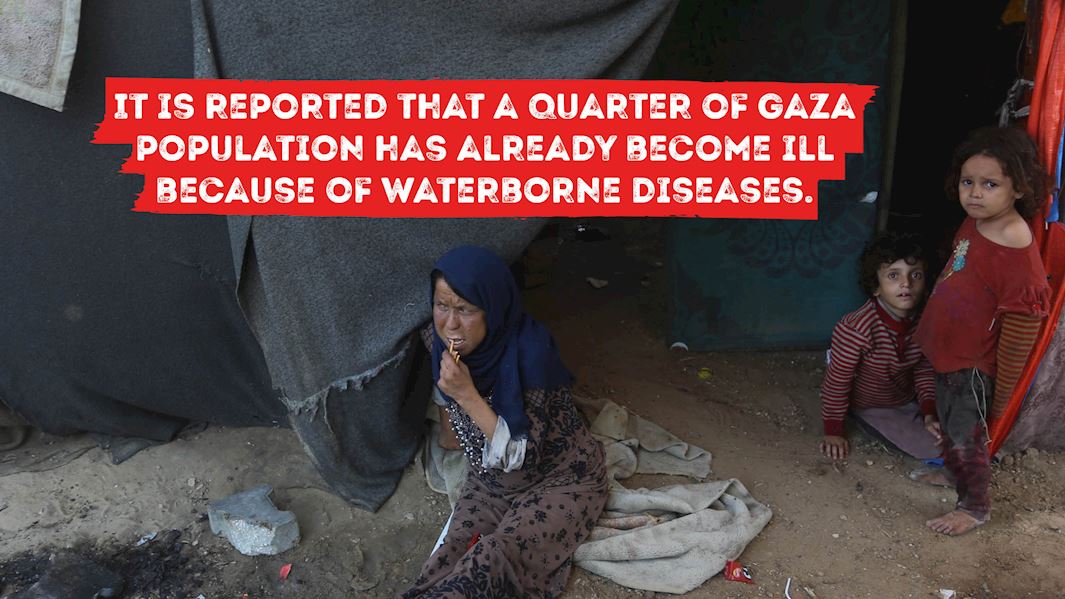
4. How is Muslim Hands supporting the people of Gaza to access clean drinking water?
Muslim Hands is currently establishing large desalination plants at three UNRWA schools across Gaza City, Rafah and Dier al Balah in partnership with UNRWA.
The UNRWA schools have been selected due to the fact that from the beginning of the current conflict, these schools have continued to be the backbone in sheltering a large number of internally displaced people, both in and around the schools.
This water project will therefore be more impactful in reaching and providing safe drinking water to a large number of people.
Each water project will include:
- digging large ground water wells to access sea water
- installing desalination plants to purify underground brackish water
- assembling multiple water storage tanks to contain the water
- solar panels will also be added so that the wells are consistently operational when there are fuel shortages.
The desalination plants will provide a collective ten litres of safe water to 10,000 people every day, which includes five litres of safe drinking water and five litres for domestic use.
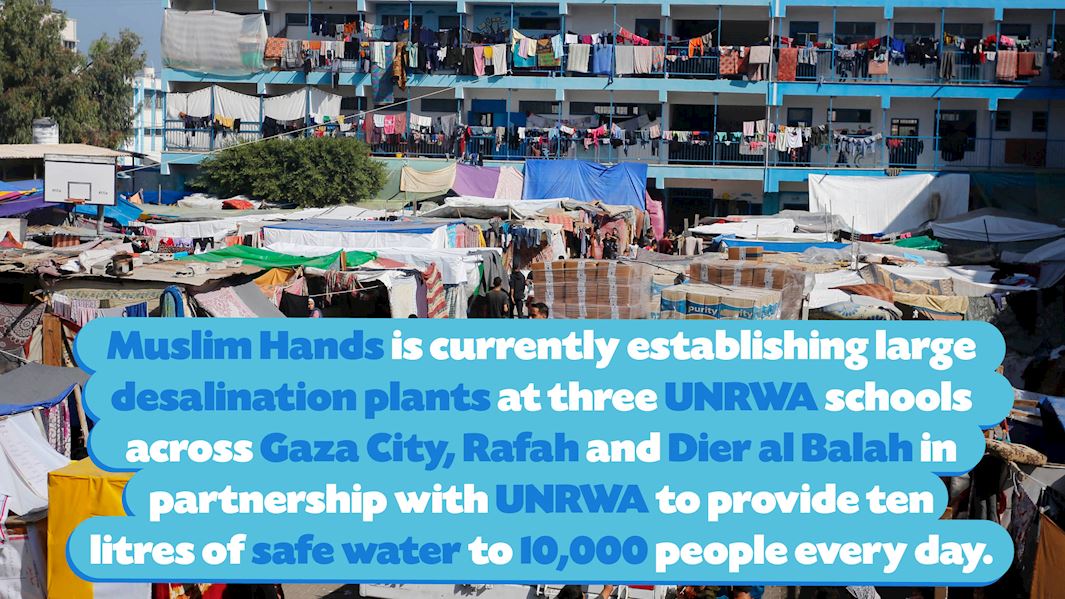
5. What is a desalinisation plant and what is the process?
Desalination plants remove salt and other minerals from saline waters to produce fresh water suitable for human consumption or irrigation.
Muslim Hands will be establishing desalination plants at three UNRWA schools across Gaza so that 10,000 people have access to 10 litres of safe water every day.
What is the process of desalinisation?
- The process involves each plant having a large ground water well to access sea water which then goes through a pre-treatment filtration process to remove solids and other particles such as sand and gravel.
- Once the water has gone through a pre-treatment filtration process, it will then go through a cartridge filter which will filter and remove finer particles that could not be detected in the first filtration phase.
- Once these two phases have been completed, the next phase is the reverse osmosis process, which involves the water being pressurised in order to force molecules through a semi-permeable membrane. This will then remove salt and other minerals and therefore separates salt water from fresh water.
- What is left of the remaining water is then treated by adding minerals and chemicals such as chlorine. This is to ensure that the water provided meets the drinking standards for human consumption.
- The water is then stored in water tankers and piped through pumps to where the water is needed. In this case it will be distributed at the UNRWA schools to 10,000 people every day available 24 hours a day 7 days a week.
- It also important to mention that solar panels will also be added to each desalination plant so that water provision is consistent despite ongoing fuel shortages.
6. Why give the gift of water?
Every human being deserves the right to have access to the basics, including clean drinking water.
So much so that the Messenger of Allah (saw) said, “And whoever gives a Muslim water to drink when there is no water available, it is as if he brought him back to life.” [Ibn Majah]
Donate your Sadaqah or Zakat today to provide safe water for life to the people of Gaza in their greatest hour of need - every donation is a lifeline.
£50 (2 people with water for life)
£100 (5 people with water for life)
£200 (10 people with water for life)
£500 (25 people with water for life)
£1,000 (50 people with water for life)
